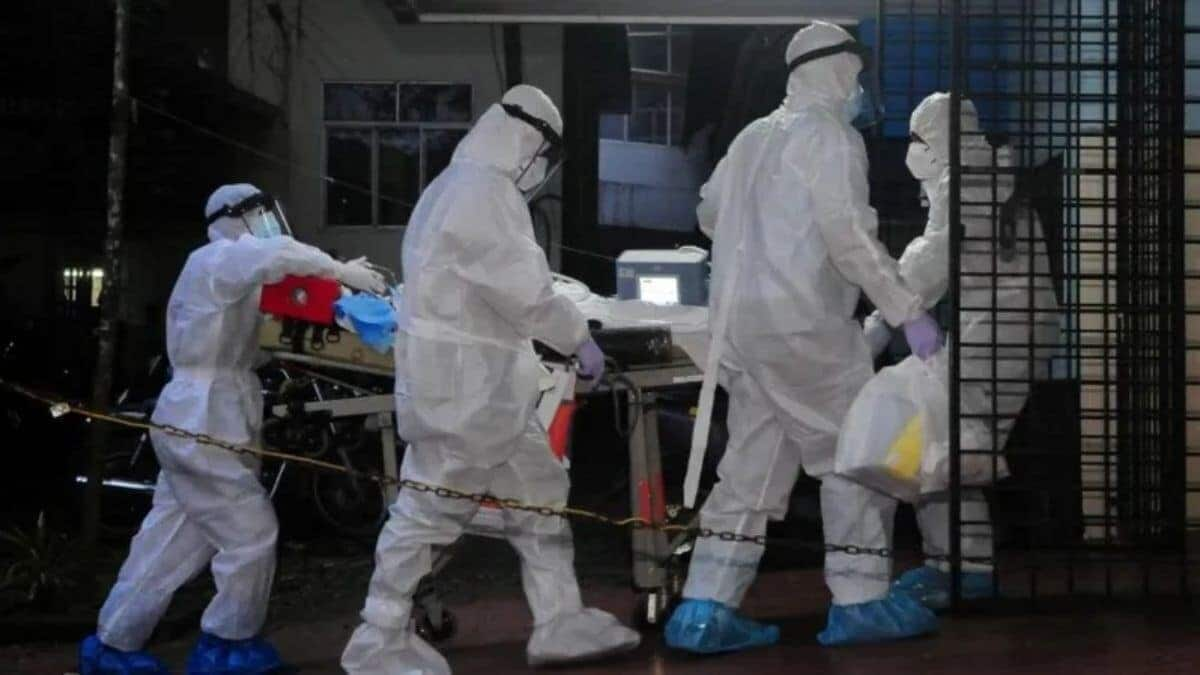
Kerala reports 2nd Nipah death this year, 151 under observation
What's the story
A 24-year-old student from Kerala has become the second victim of the Nipah virus this year, as confirmed by Health Minister Veena George on Monday. The World Health Organization (WHO) classifies Nipah as a priority pathogen due to its epidemic potential. Currently, there is no vaccine or treatment available for this virus.
Virus impact
Student returned from Bengaluru
The student, who had recently returned from Bengaluru, began exhibiting fever symptoms on September 4 and succumbed to the illness five days later. This was confirmed by R. Renuka, a district medical officer in Malappuram, northern Kerala. The National Institute of Virology in Pune verified the Nipah infection through blood sample testing on September 9.
Transmission details
Nipah virus transmission
The Nipah virus can spread through direct contact with infected animals, such as bats or pigs, or their body fluids. It can also be transmitted by consuming food products contaminated by these fluids and through close contact with an infected person. Symptoms of a Nipah infection include headache, fever, vomiting, sore throat, dizziness, drowsiness, altered consciousness and acute encephalitis.
Prevention efforts
Monitoring and isolation measures in place
Currently, 151 people who had contact with the deceased student are under observation to prevent further spread of the virus. Five individuals exhibiting primary symptoms of a Nipah infection have also been tested. The first death from a Nipah infection in Malappuram this year occurred in July when a 14-year-old boy succumbed to the disease.
Historical context
Nipah virus' history and impact in Kerala
Since its first appearance in Kerala in 2018, the Nipah virus has been linked to dozens of deaths. With a fatality rate of up to 75%, it poses significant health risks. The virus' severe impact on neurological health leaves around 20% of infected individuals with residual neurological consequences such as seizure disorder and personality changes.